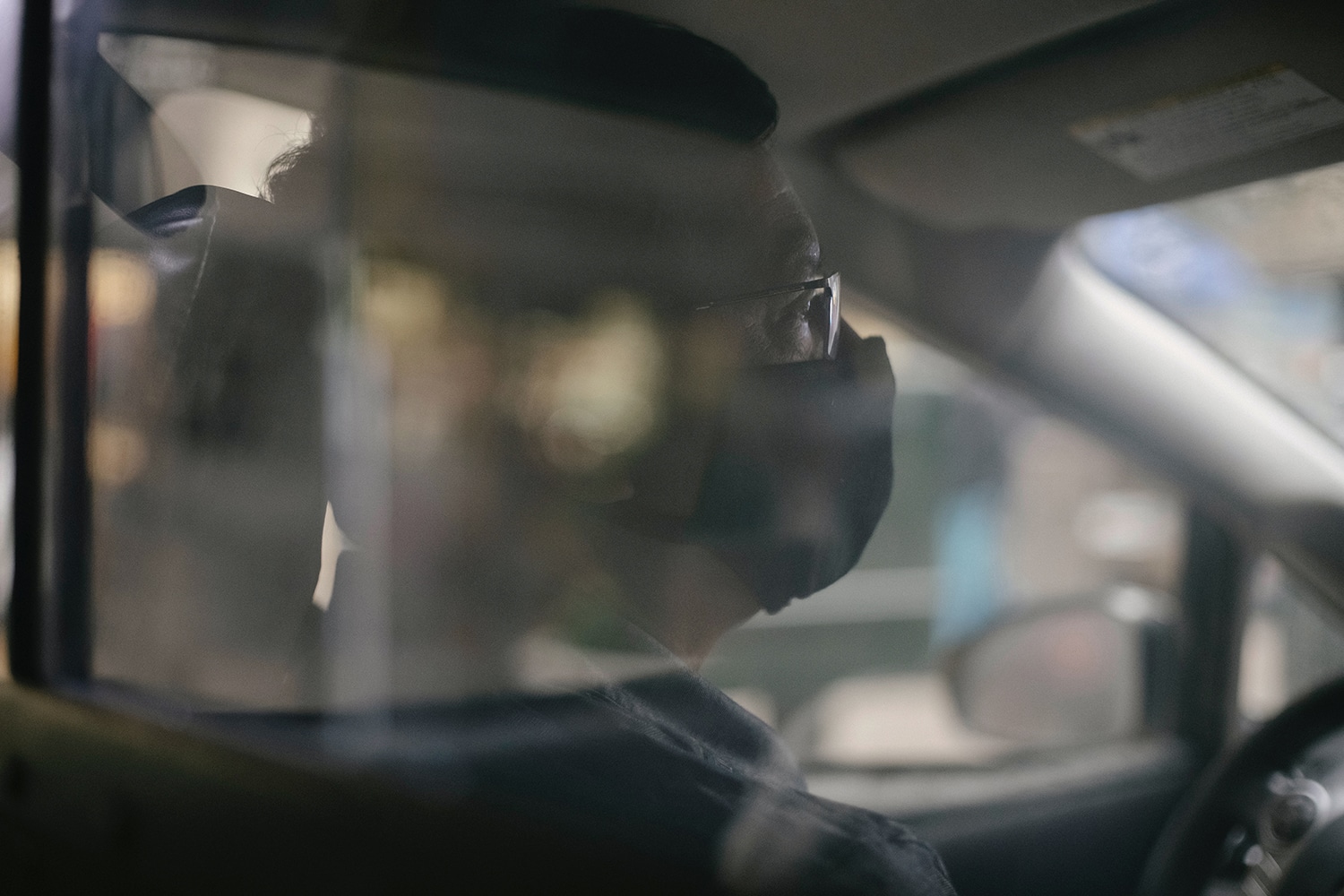As the number of accidents caused due to distracted driving increases, it is crucial that…
DUI LAW: Sober Driver Arrested for DUI Alleged Handcuff Injury

CASE: Svitek v. Martin
COURT: New Haven J.D., at New Haven
DOC. NO.: CV10-6010196S
DATE: May 25, 2012
A police officer possesses the discretion to tightly handcuff a driver who has been arrested for allegedly driving under the influence and failing to keep in the proper lane. Allegedly, the defendant police officer, Gregory Martin, tailgated the plaintiff’s motor vehicle, at about 8:30 p.m. on April 6, 2008, and the plaintiff remained in his travel lane and pulled over slightly, to permit Officer Martin to pass. The police officer pulled the plaintiff over. The plaintiff informed Officer Martin that he probably would experience difficulty with filed sobriety tests, because he had a knee injury. Officer Martin arrested and handcuffed the plaintiff, because he did not pass filed sobriety tests. Officer Martin claimed the plaintiff had turned right without signaling and had crossed the yellow center line three times. A breathalyzer test indicated the plaintiff had not been drinking, and criminal charges of driving under the influence and failure to drive in the proper lane were dismissed. Allegedly, the plaintiff suffered permanent injuries, because the handcuffs were too tight. The plaintiff sued the defendant and the municipality alleging false arrest, negligence and violation of his civil rights under 42 United States Code § 1983. The plaintiff maintained that although his truck might have touched one of the yellow center lines, the plaintiff did not cross the yellow center lines. The defendants moved for summary judgment and argued that Martin possessed probable cause to arrest, because the plaintiff allegedly crossed the yellow center lines three times and failed the field sobriety tests. Probable cause to arrest constitutes a complete defense to a suit for false arrest, pursuant to Weyant v. Okst, a 1996 decision of the 2nd Circuit. There were genuine issues of material fact with respect to whether the defendant police officer possessed probable cause to arrest, and the court denied the defendants’ motion for summary judgment. Ruling on the plaintiff’s negligence counts, the court found that the police officer exercised his discretion when he tightly handcuffed the plaintiff and that he was entitled to government immunity. The court granted the defendants’ motion for summary judgment on the negligence counts.



